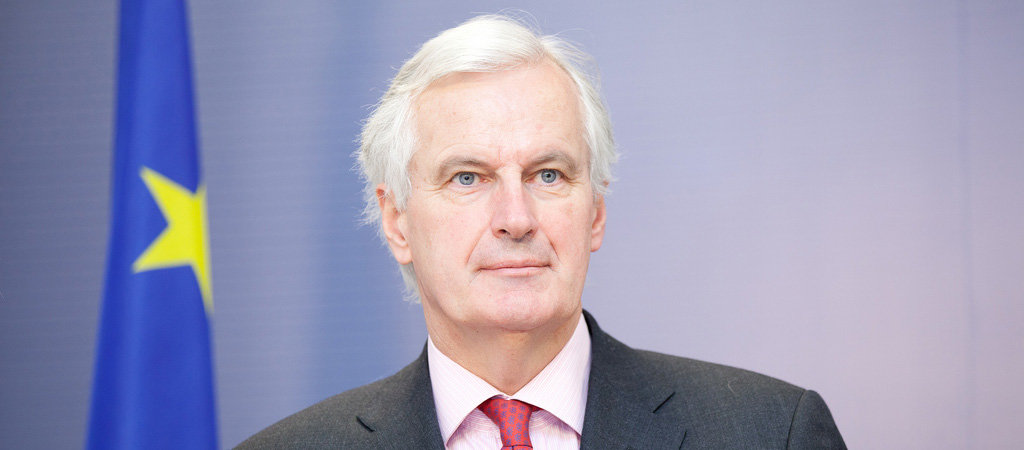Last weekend saw a new front to the Brexit debate open when Professor Roger Cashmore, chair of the UK Atomic Energy Agency, described the decision to leave Euratom – the European Atomic Energy Community – as “alarming”.
His intervention is part of a fledgling coalition encompassing MPs from all parties, George Osborne’s Evening Standard, and Vote Leave’s Dominic Cummings calling for some form of associate membership or transitional exit from Euratom. Failure to strike an agreement would push us over the cliff edge when it comes to the transportation of nuclear material – which accounts for 20 per cent of the UK’s electricity. So, pressure is mounting on the government to abandon its fixation with ending the European Court of Justice’s (ECJ) jurisdiction in this country – the root cause of the decision to leave the nuclear agency.
Euratom, separate to the EU yet under the jurisdiction of the ECJ, is symptomatic of the problems stacking up as Britain prepares for the second round of Brexit negotiations in Brussels on Monday.
The UK finally published its negotiating positions for next week’s talks yesterday, committing to a “smooth and orderly exit” from Euratom – but an exit nonetheless. The papers also said only cases brought before the courts prior to Brexit would be under the jurisdiction of the ECJ after we leave, regardless of when the facts of the matter took place.
The continued role of European judges in the UK post-Brexit runs through several bones of contention in this early stage of negotiations, from how those cases yet to be brought are handled, to the guarantees for EU citizens’ rights long-term. And David Davis has confirmed it remains a red line for his team.
The EU’s Brexit point man Michel Barnier is firm that it’s for the ECJ to guarantee the rights of EU citizens in the UK after we leave, concerned that a future British parliament may alter the system to the Europeans’ detriment. The UK is adamant that this role is solely for UK courts.
The British government’s proposals bring most EU citizens’ rights in line with Britons in the UK, as it should be. To ask the UK government to allow citizens of 27 countries to be under one jurisdiction, and citizens of the 168 others (including its own) to be under another would set a dangerous constitutional precedent, which Britain won’t be able to swallow. The proposal for a mutual and shared arbitration body offers perhaps the best chance of success – but this would require both sides to shift from their entrenched positions. And the chances of that are slim.
Another area where both sides need to work hard to close the chasm that has grown between them is on Britain’s exit bill. Following a meeting with all 28 EU commissioners earlier this week, Barnier said point blank that unless Britain accepts it has financial liabilities in principle, talks could not continue. Britain’s negotiating team meanwhile will be riled up after months of briefing to the press of the astronomical numbers the country supposedly owes.
With both sides eager to move on to future relationship discussions, the two negotiating teams should embrace a touch of humility.
For Britain – accept that some money will be paid, if nothing else to cover our continued involvement in the popular student exchange programme Erasmus and scientific research fund Horizon 2020.
For the EU – equally accepting that Britain is due its fair share of EU assets on leaving and that losing your second highest net contributor is bound to give your budget a knock.
Whether both sides can do so remains to be seen, but the preamble to talks has dragged on and patience, at least on one side of the Channel, is wearing thin. Britain may not have used its nuclear option, but it’s getting dragged closer and closer to crossing its red line.

